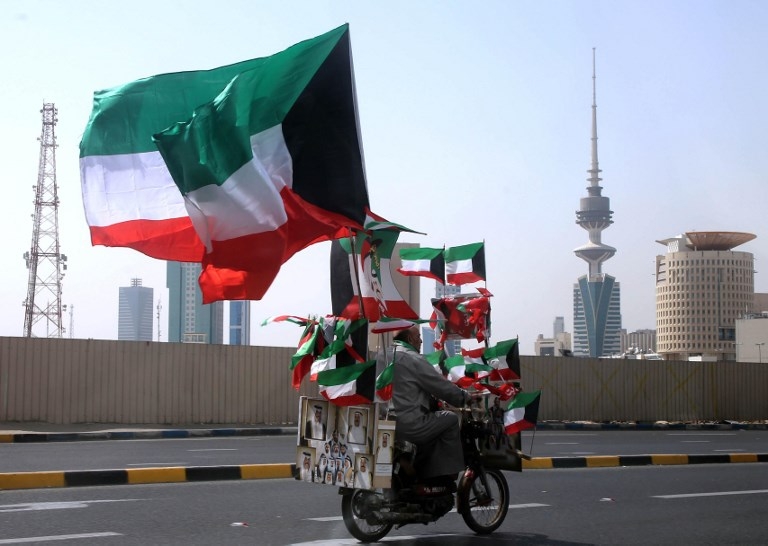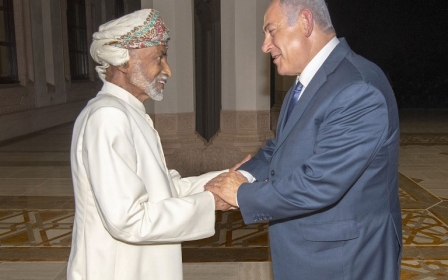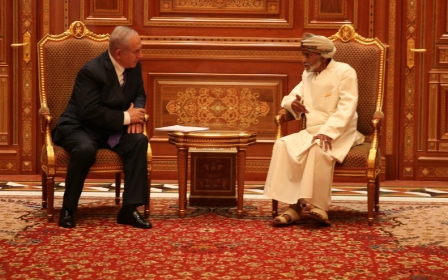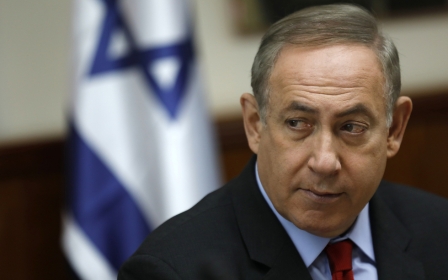Kuwaiti businesspeople toured Israel on Netanyahu-approved permits

A report on Israeli television revealed on Thursday night that a group of private Kuwaiti businesspeople visited Israel and occupied East Jerusalem last week and toured the country on special permits authorised by the office of Israeli Prime Minister Benjamin Netanyahu.
The one-minute-long report on Kan TV said that Kuwaiti businesspeople had visited educational, religious and historical sites, including Haifa University, Al-Aqsa mosque in Jerusalem, the Holocaust museum, as well as Ahmadi and Bahai religious sites in Haifa.
The visit lasted a few days, according to Kan TV. The delegation's number was not revealed, nor if they met with Israeli officials.
Last month, Kan TV interviewed the Kuwaiti journalist Fajr al-Saeed, who called for normalising relations with Israel.
Kuwait does not recognise the State of Israel and has no official ties with it.
Stay informed with MEE's newsletters
Sign up to get the latest alerts, insights and analysis, starting with Turkey Unpacked
Among the Gulf states, Saudi Arabia, UAE, Oman and Bahrain are becoming more open about their relations with Israel at an official level. News about secrets visits of officials from states in the Arab peninsula to Israel are becoming more regular. The Israeli media is the primary source of stories about these visits, which are not confirmed by the Arab countries involved.
But some visits have been made openly, such as the Israeli Minister of Sport and Culture Miri Regev's trip to the UAE in October to attend a judo tournament, in which an Israeli competitor was allowed to compete under Israel's flag and sing its anthem for the first time in the country.
It was the first time an Israeli minister made an official visit to the Emirates.
Netanyahu also visited Oman, which does not recognise Israel, in November, and was hosted in Muscat by Sultan Qaboos.
Despite the warm official ties that Israel has developed with some Gulf Arab states, the 2017-2018 Arab Opinion Index poll conducted by the Doha Institute indicated that 90 percent of Arabs believe that Israel "poses a threat to the security and stability of the region".
Last month, the US-based Kuwaiti grappler Abdullah al-Anjari, 21, withdrew from the All Americas Jiu-Jitsu Tournament in California, after the knockout set him to face an Israeli competitor.
Anjari told The New Arab that he made his decision because of "Kuwait's firm position on boycotting Israel and my principles of not recognising the state of Israel".
"Palestine is more important to me than any international competition," he added.
Middle East Eye delivers independent and unrivalled coverage and analysis of the Middle East, North Africa and beyond. To learn more about republishing this content and the associated fees, please fill out this form. More about MEE can be found here.




